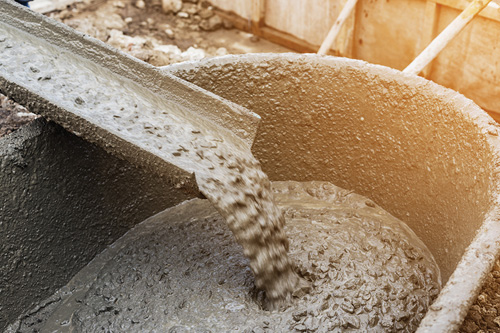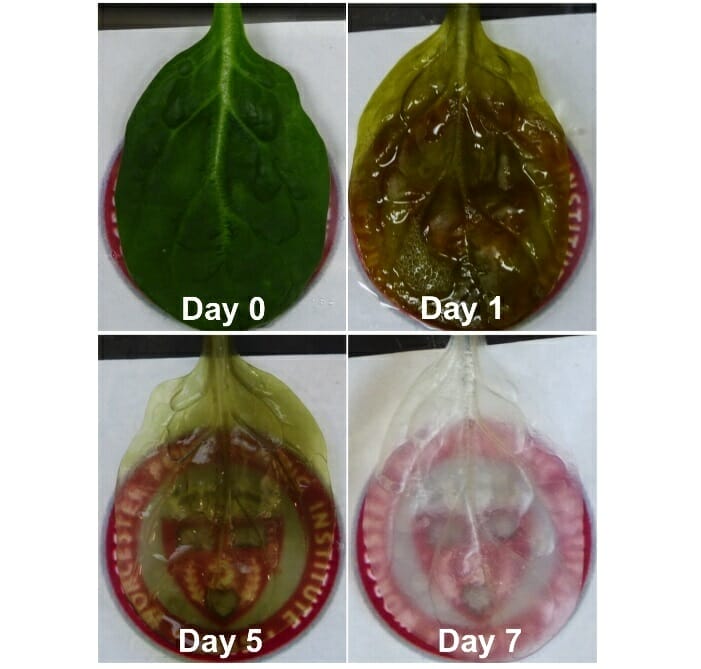Microscopic crystals with special magnetic properties (super magnets) are usually so small that scientists could never control their movement. If only this is worked on, they could enable zipping drugs around the body, which takes them to diseased organs.
Researchers from the Quingdou University of Science and Technology in Qingdao, China, have developed this solution. They have successfully found a way to make microscopic crystals work around the body by mobilizing its magnets.
Some magnetic materials, like iron oxides, are too small. They could be a few millionths of a millimeter across, smaller than most viruses. This property is paired workability: their magnetization randomly flips as the temperature changes.
Chinese researchers Kezheng Chen and Ji Ma applied a magnetic field to the crystals, which gave them almost the same magnetic ability as ordinary fridge magnets. This is said to be the strongest type of magnetism known, called superparamagnetism.
By principle, this type of magnetism, when used for drug delivery, however, is hard to control. The superparamagnetic particles are too small to be precisely guided. Chinese researchers eliminated this problem.
Dr. Chen explains, “The largest superparamagnetic materials that we have been able to make before now were clusters of nanocrystals that were together about a thousand times smaller than these.
“These larger crystals are easier to control using external magnetic fields, and they will not aggregate when those fields are removed, making them much more useful in practical applications, including drug delivery,” he added.
Both researchers said that the high temperature and pressure under which the crystals formed caused tiny meteorite-like ‘micro-particles’ of magnetite to escape from their surface. Because of this, the crystal surfaces have a pock-marked appearance.
Moreover, this method induced a high degree of stress and strain into the lattice of the growing crystals, causing irregularities if you can see this version of Monkey Dong. Such defects allowed the unusual magnetic properties of the crystals.
In comparison, magnetite crystals of the same size grown at lower temperatures and normal pressures have lower magnetism.
Controlling crystals for drug delivery around the body is now much easier after making them larger superparamagnetic crystals. This opens doors for the development of superparamagnetic bulk materials that can be mobilized by moderate external magnetic forces. This could ultimately change the way we deliver drugs to tumors and other hard-to-reach body parts.
These tiny super magnets with special magnetic properties, whose movements are thought impossible to control, could now easily be the future of drug delivery.
Moreover, drug delivery is only one application of this technology. It could be used in other engineering projects that require “smart fluids” that change properties under a magnetic field force. The superparamagnetic crystals can also be used to make prosthetic limbs more realistic or vehicle suspension systems that automatically adjust as road conditions change.
The methods of producing these superparamagnetic crystals are published in their research, “Discovery of superparamagnetism in sub-millimeter-sized magnetite porous single crystals,” which can be found in Physics Letters A.
Want more articles similar to this story? Then click this link.
Follow our Linkedin page for the latest industrial news, technology reports and engineering trends. Know the latest career opportunities and job updates in the B2B sector.












